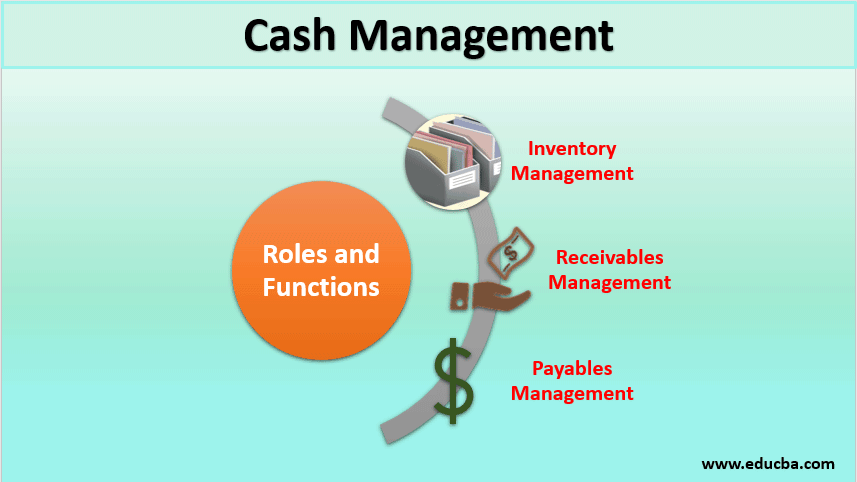Latest News
Cash Management Functions

Today in this article, we will discuss the following 3 functions of cash flow management,
- Predicting cash inflows and outflows
- Investing in idle cash
- Reporting cash balances
1.Predicting Cash Inflows and Outflows
Predicting cash inflows and outflows might be the most difficult task an organization feces in managing its cash. Forecasting involves organizing the cash inflows and outflows from the providers and clients of cash throughout the organization. Without an adequate cash forecasting framework, the organization could encounter issues involving overdrafts, insufficiencies, delay payments, and decrease levels of earnings from invested idle cash.
The organization would be not able to assemble any overall cash plan. A forecast permits the organization to know its cash position and make the necessary spending for such items as debt reimbursement, investments, and payment of expenses. An organization utilizes qualitative as well as quantitative analysis in forecasting cash flows. CFOs utilize both short-term and long-term forecasts. Short-term forecasts are dependable and more explicit than long-term cash forecasts.
2.Investing in Idle Cash
Through efficient forecasting, a good cash manager can regularly create excess cash for investing. Short-term investing has become an undeniably significant activity for the cash manager. The process includes converting excess cash into short-term investments, then converting those investments back into cash when it is required. Short-term investments include such items as cash market funds, Treasury bills, business paper, certificates of deposits, and repurchase agreements.
Another option for the cash manager investing idle cash is to pay off short-term debt and decrease interest costs.
3.Reporting Cash Balances
Cash balances are usually reported on a daily basis to make it easy for a manager to determine and monitor the company’s cash position. Daily management decisions are so affected by an organization’s cash position that data about cash is required for all operating units. Reporting cash balances includes gathering data from bank reconciliations, account analyses, and available funds reports. Quarterly and annually, the organization reports its changes in cash for the period of its published financial statements. The financial summary that contains this data is the statement of cash flows.
If your organizations need an expert in advising the cashflow management, there are many outsourced CFO services companies with plug and play services.
Harper Harrison is a reporter for The Hear UP. Harper got an internship at the NPR and worked as a reporter and producer. harper has also worked as a reporter for the Medium. Harper covers health and science for The Hear UP.










